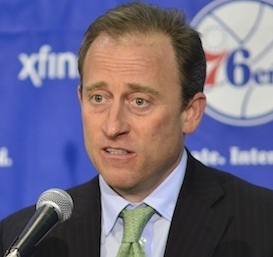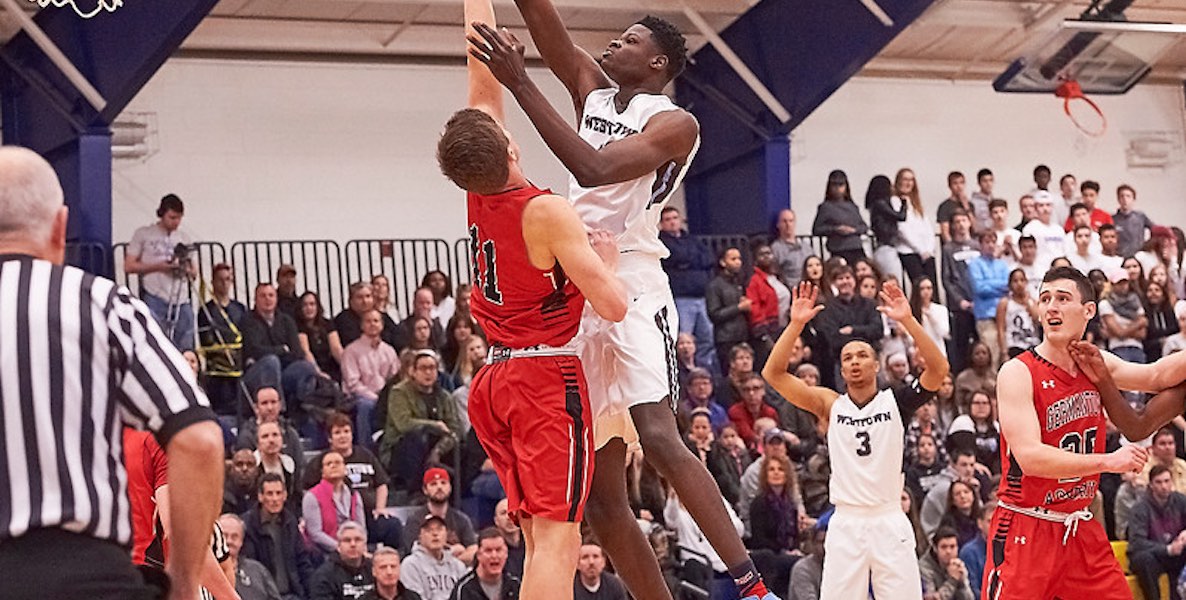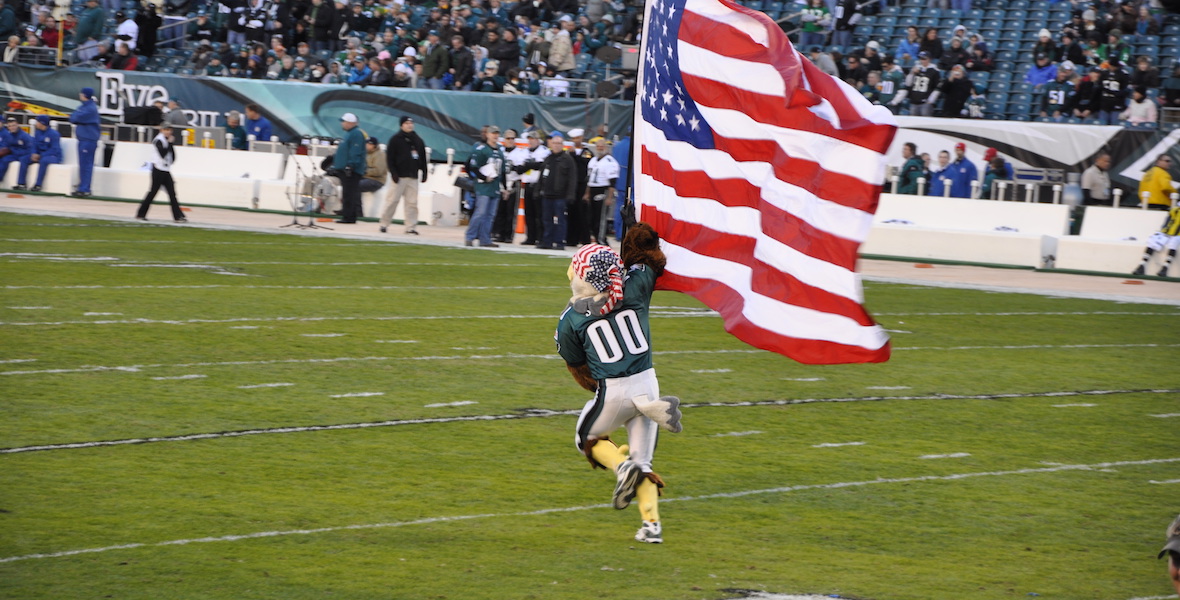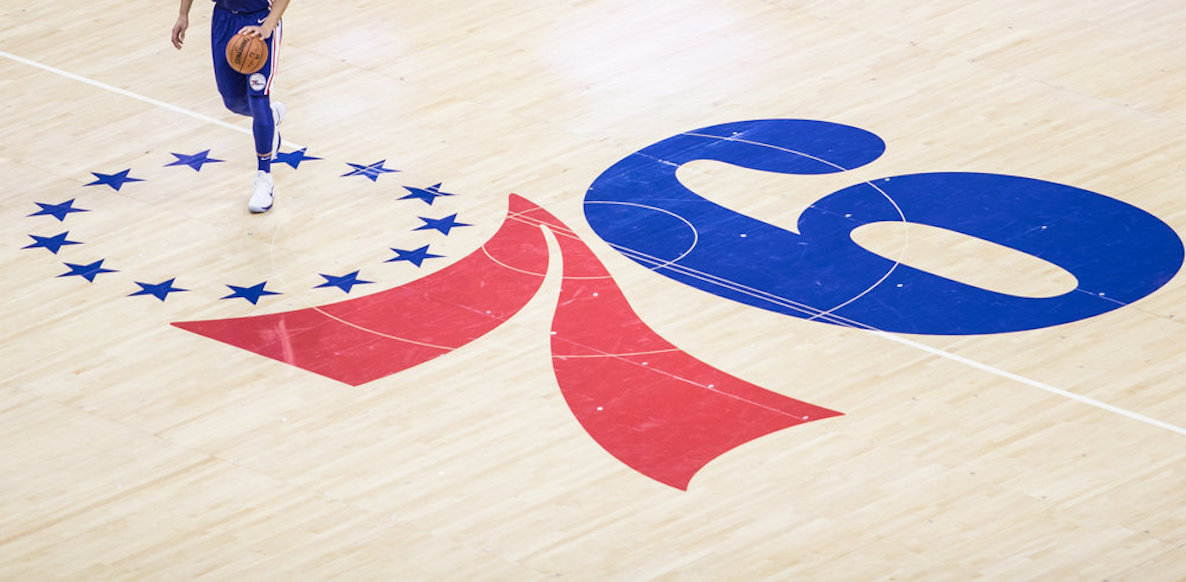The narrative around last week’s NBA draft has been all about who will perform on the court. But what if the biggest question facing the 76ers this off-season has little to do with its players? What if the most important question on the team’s fate is really about the team’s ownership, and whether it will grow from a smart leadership perspective as its players develop?

A year ago, the 2018 Sixers season ended with hope. Way ahead of schedule, a young, scrappy team reached the second round of the playoffs. Those Sixers weren’t supposed to achieve so much so fast. Ben Simmons was a rookie. Joel Embiid had his first full healthy season. Top pick Markelle Fultz was a healthy scratch, but hey, he’d have next off-season to rehab his shot. One season later, the team was bumped again in the second round of the playoffs, losing to eventual champion Toronto in seven games. Yet this year’s loss felt more disappointing.
Why? The awkward public performance of Sixers owner Josh Harris.
Great leaders inspire. In sports, leaders set winning expectations for the front office, the athletes, and the fans. But great leaders also put people in a position to succeed; in that sense, owner Harris’s pre-playoff comments were leadership malpractice.
Before the first game of the playoffs, Harris was asked about the possibility of losing to the Boston Celtics again in the playoffs. He answered: “It would be problematic. Very problematic. We’d be unhappy. I’d be unhappy. The city would be unhappy…We have enough talent on our roster that if we play the way we’re capable of playing, we can beat any team in the East…Now the pressure is on to deliver.”
![]() Great leaders inspire. In sports, leaders set winning expectations for the front office, the athletes, and the fans. But great leaders also put people in a position to succeed; in that sense, Harris’s pre-playoff comments were leadership malpractice.
Great leaders inspire. In sports, leaders set winning expectations for the front office, the athletes, and the fans. But great leaders also put people in a position to succeed; in that sense, Harris’s pre-playoff comments were leadership malpractice.
Late in the season, in the form of Jimmy Butler and Tobias Harris, the Sixers had acquired league-leading talent, but, due to injuries, had only given them ten games to play together. They were 8-2 in those games, but still learning how to play together. Harris’s comments set an impossible standard just before the playoffs. His comments exploded the criticism of coach Brett Brown, and reframed any ending that wasn’t the NBA finals as automatically a failure.
Our hearts have been broken so often, we’ve learned to wait to be surprised by our teams. We love the “World F**king Champions” 2008 Phillies, not “The Four Horsemen” 2011 Phillies. We love the “Philly Special” 2018 Eagles, not the “Dream Team” 2011 Eagles.
Let’s check Harris’s leadership scorecard. Harris over-emphasized accountability, which set the wrong vision for the team, and put the Sixers and Brown—his own employee—in a position to fail. Moreover, he changed the public perception of the team. Philadelphia is an underdog city. Before the 2008 Phillies and 2018 Eagles championships, our sports teams were losers: The Flyers last won 44 years ago; the Sixers 36 years ago; the Eagles had never won a Super Bowl before last year; and the Phillies are still the losing-est team in the history of organized sports.
![]() Our hearts have been broken so often, we’ve learned to wait to be surprised by our teams. We love the “World Fucking Champions” 2008 Phillies, not “The Four Horsemen” 2011 Phillies. We love the “Philly Special” 2018 Eagles, not the “Dream Team” 2011 Eagles.
Our hearts have been broken so often, we’ve learned to wait to be surprised by our teams. We love the “World Fucking Champions” 2008 Phillies, not “The Four Horsemen” 2011 Phillies. We love the “Philly Special” 2018 Eagles, not the “Dream Team” 2011 Eagles.
We find our soul reflected in teams that are hungry, scrappy, and fighting against history for a chance at glory. Harris’s playoff comments instantly transformed the Sixers from a scrappy ahead-of-schedule squad into a Finals-or-Bust mega-team.
But Harris can still redeem himself. Great leaders admit fault, and great leaders use those mistakes to learn and teach lessons. The Raptors NBA Championship win can reframe the Sixers loss. The team that looked so much better than the Warriors in the Finals needed every ounce and a miracle four-bounce shot to beat the Sixers. Doesn’t that make the Sixers arguably the second best team in the NBA? Harris should use this opportunity to reframe this season not as “problematic” but as a building block.
Since buying the franchise in 2011, Harris has turned an irrelevant Sixers team to the always interesting, often-discussed, fan-beloved team it is today. But much like the team, expectations on Harris are now at an all-time high. His lack of leadership in a key moment is alarming, considering that he will play a key role in building the workplace that retains the top talent the Sixers have “processed” over the last half-decade.
After the season, many of the players stepped up to vouch for embattled coach Brett Brown, as if in rebuttal to the speculation their team’s owner had fueled. “Amazing coach, better person, and obviously I got a lot of love for him,” reflected Embiid. Even Butler chimed in to say: “He always thinks about how to make everybody great, which is hard to do when you have the roster that we have had.” As we enter one of the most important off seasons in Sixers’ history, let’s hope that Harris takes a few notes out of Brown’s coaching playbook.
Citizen Sports, a new regular feature in The Citizen, delves into the nexus of sports and culture, as a way to explore not just our passion for the game, but also our passion, frustrations, joys and sorrows about Philadelphia itself.
Photo by Brian Adams





